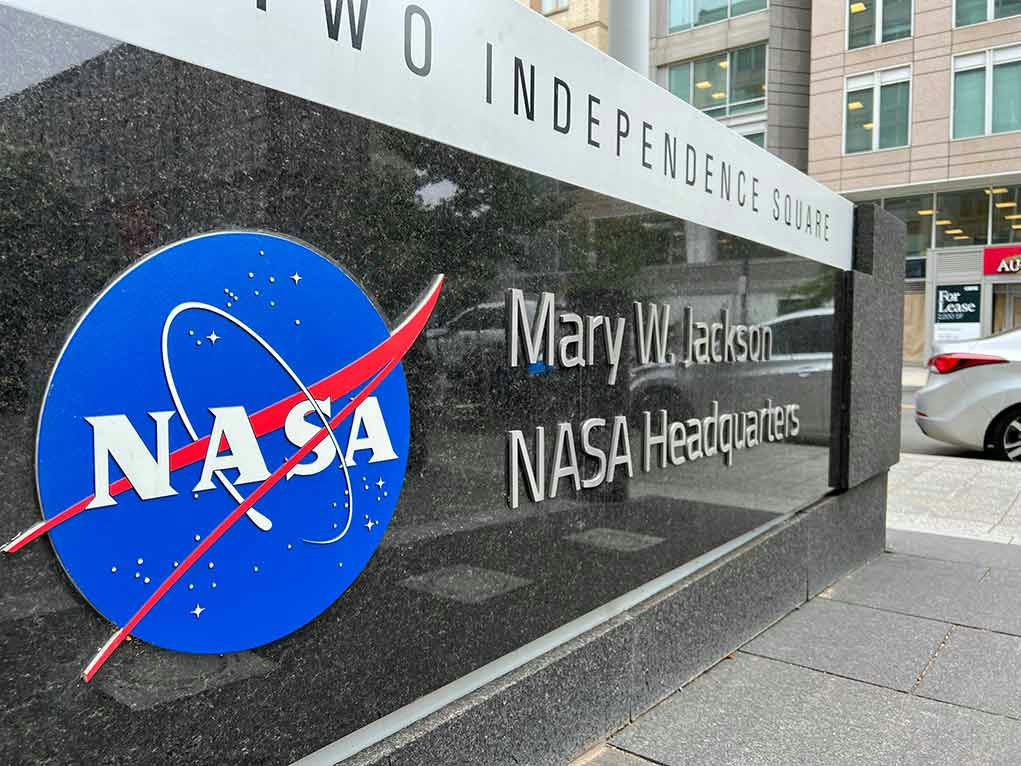In a world where geopolitical tensions are sky-high, the rare meeting between Russia’s Roscosmos chief and NASA marks a surprising turn of events.
Resuming Space Cooperation Amid Tensions
The head of Russia’s space agency, Roscosmos, Dmitry Bakanov, has arrived in Houston, Texas, marking the first in-person meeting with NASA leadership since 2017. This meeting is not just another diplomatic event; it’s a significant step in the context of strained U.S.-Russia relations following Russia’s aggressive moves in Ukraine. Despite the heavy cloud of sanctions and geopolitical isolation hanging over Russia, the meeting’s agenda includes discussions on the ISS’s future and the continuation of the cross-flight program.
From July 29 to July 31, 2025, Bakanov is scheduled to engage with NASA’s acting administrator, Sean Duffy, and visit key facilities like the Johnson Space Center, Boeing, and SpaceX. This comes ahead of the planned Crew-11 launch, which will feature Russian cosmonaut Oleg Platonov aboard SpaceX’s Crew Dragon. This collaboration, despite the political ice age, shows a pragmatic side to international relations—where mutual needs can thaw even the coldest of diplomatic freezes.
The Necessity of Collaboration
The International Space Station, a symbol of post-Cold War cooperation between the U.S. and Russia, is nearing the end of its operational life. Both nations have historically depended on each other’s hardware and expertise to keep the ISS running smoothly. The recent meeting underscores the mutual necessity for cooperation, as neither side can feasibly operate the ISS independently. Despite tensions, this collaboration remains vital, with cross-flight programs continuing under special agreements. The symbiotic relationship between NASA and Roscosmos is a reminder of the practical demands that sometimes transcend political divides.
In recent years, Russia’s space program has faced chronic underfunding and technical setbacks, while U.S. commercial providers like SpaceX and Boeing have taken on increasingly significant roles in space logistics. The balance of power has shifted slightly, but the dependence remains. The meeting between NASA and Roscosmos could set the stage for future cooperation, ensuring that both countries can benefit from continued joint operations in space.
Challenges and Opportunities
The meeting between NASA and Roscosmos is not just about continuing current operations; it’s about planning for the future. Discussions include the ISS’s operational extension, eventual de-orbiting plans, and the broader implications for international space collaboration. The ISS has served as a powerful symbol of what can be achieved when nations work together, and its potential decommissioning raises questions about the future of such partnerships.
Experts warn that the ISS’s aging infrastructure and uncertain funding make long-term planning urgent. The meeting could be a precursor to more robust international collaborations or, conversely, signal a slow drift toward nationalistic space agendas. The continuation of the cross-flight program and the operational sustainability of the ISS are critical issues that require immediate attention.
The Broader Implications
The implications of the meeting extend beyond space exploration. In the short term, it ensures uninterrupted ISS operations and crew rotations. In the long term, it sets a precedent for pragmatic engagement in critical sectors, potentially influencing future space projects and international policies. This rare channel for U.S.-Russia engagement could serve as a stabilizing factor in international relations, demonstrating that compartmentalization of technical cooperation from broader geopolitical conflicts is possible.
The economic, social, and political impacts of continued cooperation are significant. It supports jobs and contracts in both countries, maintains a rare diplomatic channel, and reinforces the importance of international collaboration in space. The meeting between NASA and Roscosmos highlights the potential for cooperation amid conflict and raises the question of how nations can work together when mutual interests are at stake.

